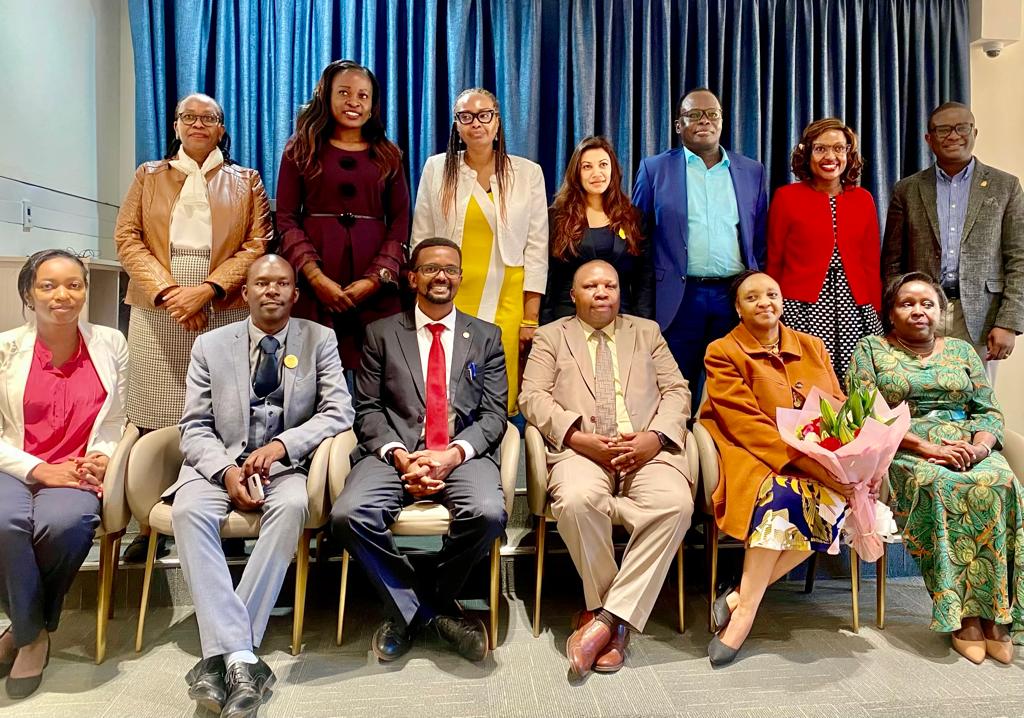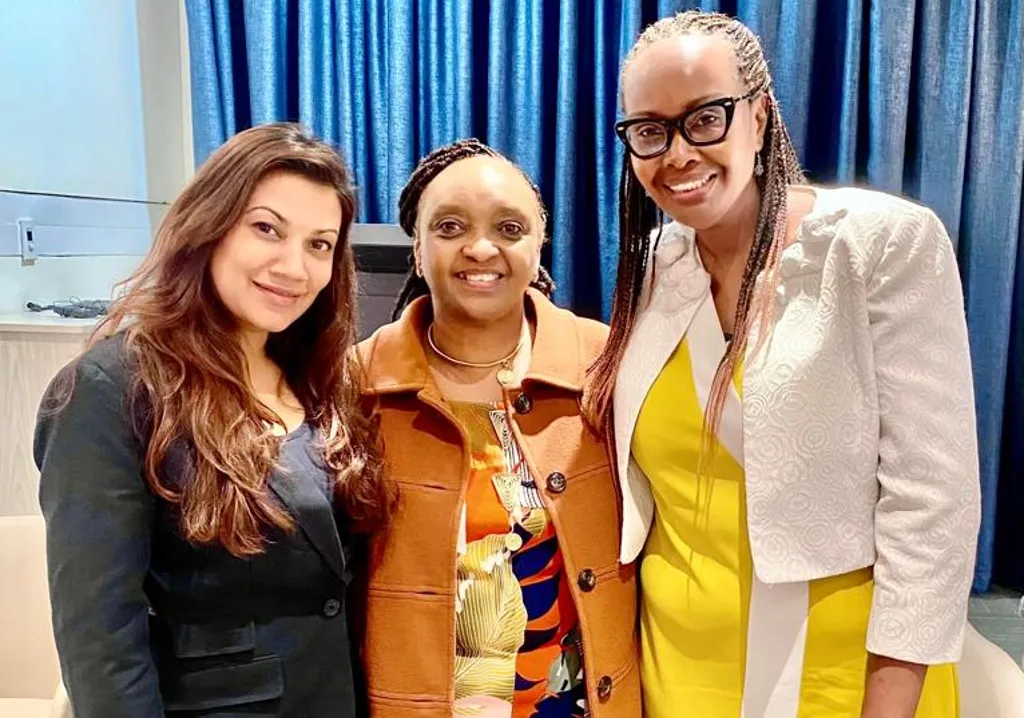
On Tuesday 17th October, at 0930hrs EAT time we were honored to be one of the speakers at the Endometriosis Surgical Marathon @3rdparkhospital.ke in conjunction with other keynote speakers. It was a life changing moment as we discuss patient centered care and improved accessibility in Kenya and East Africa at large. Over the 3 days we witnessed the Endo marathon with 11 complex endo surgeries being undertaken in 3 days!
During the ongoing Endometriosis Surgical Marathon @3rdParkHospital Endometriosis Surgical Centre, it was an absolute pleasure to address the conference on ‘Patient Care and Accessibility challenges for women living with Endometriosis in Kenya’. Specifically, while making reference to the Foundation Research study entitled “Living with Endometriosis: A Narrative Analysis of the Experiences of Kenyan women” Ms Murimi highlighted the following accessibility challenges:
-Societal barriers such as being dismissed which invalidated endo warriors’ experiences and intensified their mental suffering. Secondly receiving multiple misdiagnoses before finding the ‘right’ doctor and obtaining a proper diagnosis. Third, myths and misinformation shared by doctors such as ‘ just have a baby’ or ‘endometriosis is a disease of the affluent’. Fourth, cultural Insensitivity from formal Healthcare providers as well as financial barriers to transportation and childcare, may discourage women from preventative care.
- structural barriers such as the high cost of medical care particularly for those without insurance. Also, the lack of adequate number of qualified clinicians adds to the emotional trauma and financial distress of patients seeking relief as they seek out answers, oftentimes from primary care clinicians. Inadequate provider training in Kenya extended to include the perpetuation of misinformation about how to best ‘treat’ endometriosis.
- Geographical barriers such as the struggle to access adequate care in more rural areas of Kenya as well as for those who were seeking specialized treatment abroad.
- Health system-related barriers seen with endometriosis given the multiple medical visits needed to diagnose the disease and the chronic nature of treating the symptoms.
She concluded by reporting from the findings of the Research findings that ‘going forward, there is a clear need for improved social awareness of endometriosis and the establishment of clear, effective, and supportive pathways with trained, geographically, and financially accessible Healthcare providers for endometriosis diagnosis and treatment. It is essential that more integrated health system services are available for endometriosis, including referrals for mental health treatment and support groups, and that education about menstrual disorders begins in adolescence.
She further highlighted the work the Foundation is doing in advocacy and awareness of menstrual disorders. This includes being on platforms such as the National working group of Menstrual Health Policy implementation among others.

At the concluded, 17th to 19th Oct 2023, Endometriosis Surgical Marathon @3rdParkHospital (Endometriosis Surgical Centre), it was an absolute pleasure to listen to our Keynote speaker, Prof Ann Kihara, President Elect, FIGO, address the conference on her topic Promoting collaboration in the management of Endometriosis” and highlight the importance of regional and Institutional collaboration towards achieving the women focused SDGs by 2030 including top notch, advanced endometriosis patient care in Sub-Saharan Africa. She highlighted the importance of the six As which she listed as:
- All of us must engage,
- We must compel ourselves into Action,
- we must Accelerate by being the catalyst,
- We must engage in continued Advocacy,
- We must prioritize Accountability in everything we do,
- We must share our work through Authorship so our work will be shared with and by others.
Prof Kihara emphasized that this was necessary for Africa’s voice to be heard globally in respect to enhancing expert Endometriosis care and other gynecological subspecialties both in Kenya and Sub-Saharan Africa.